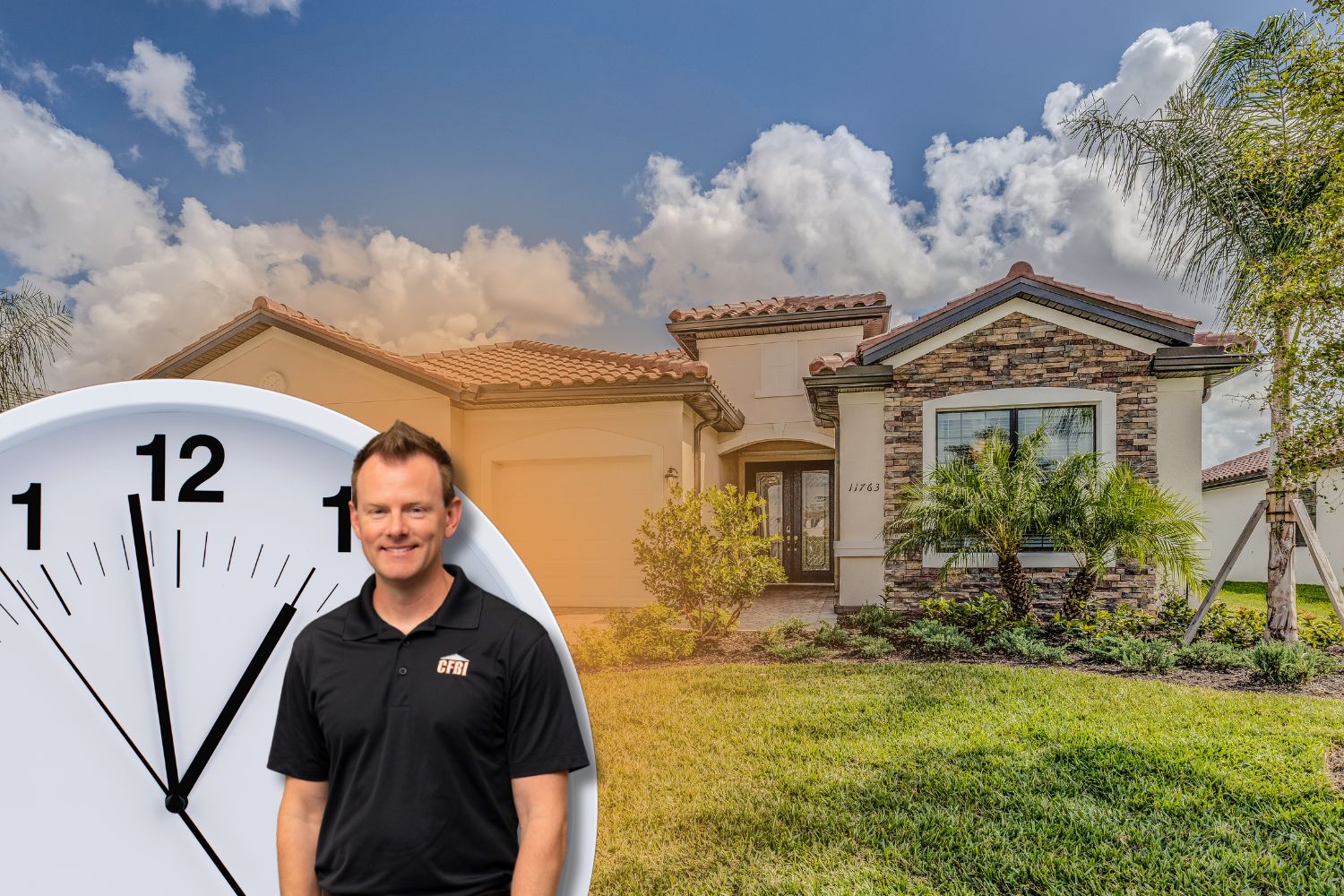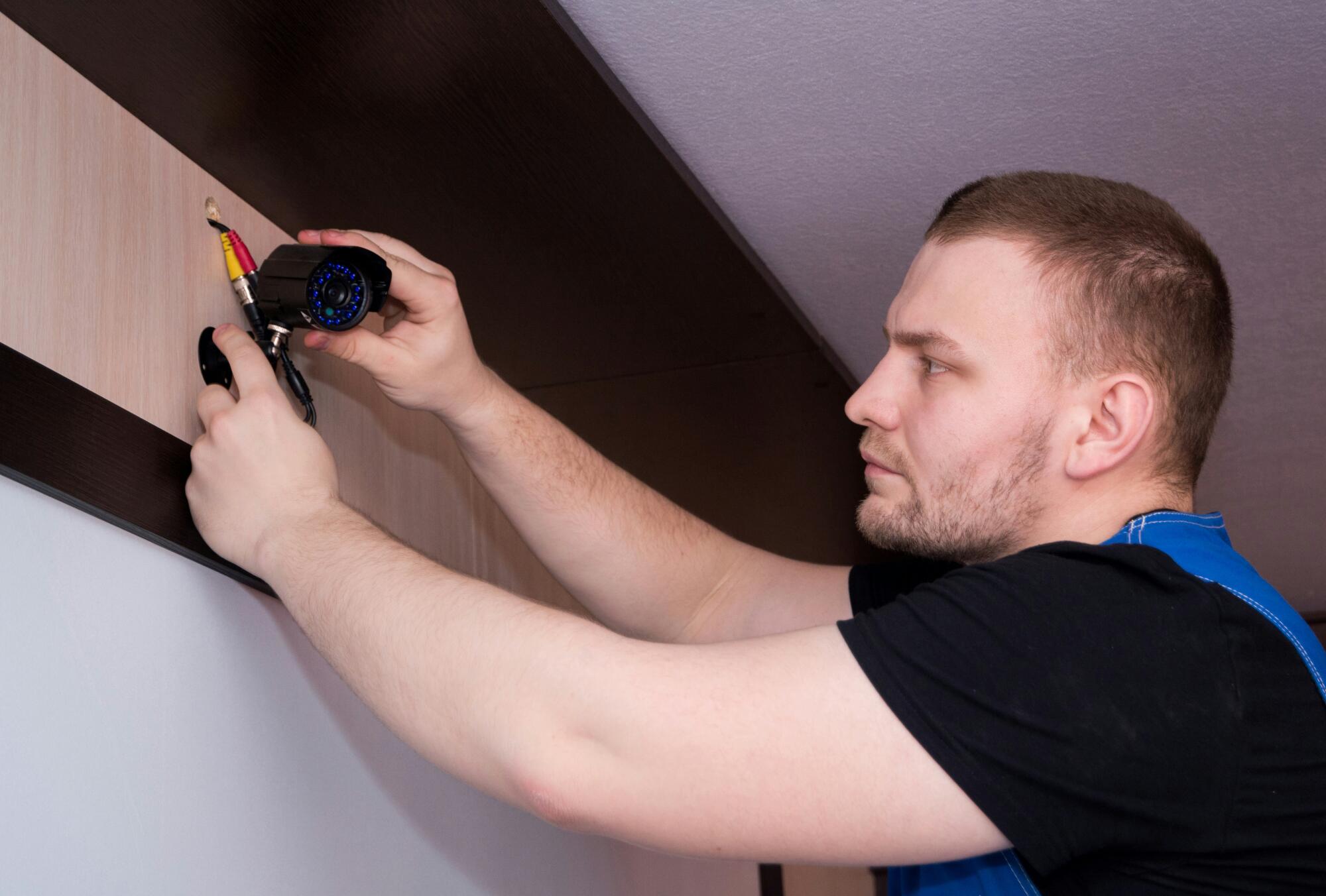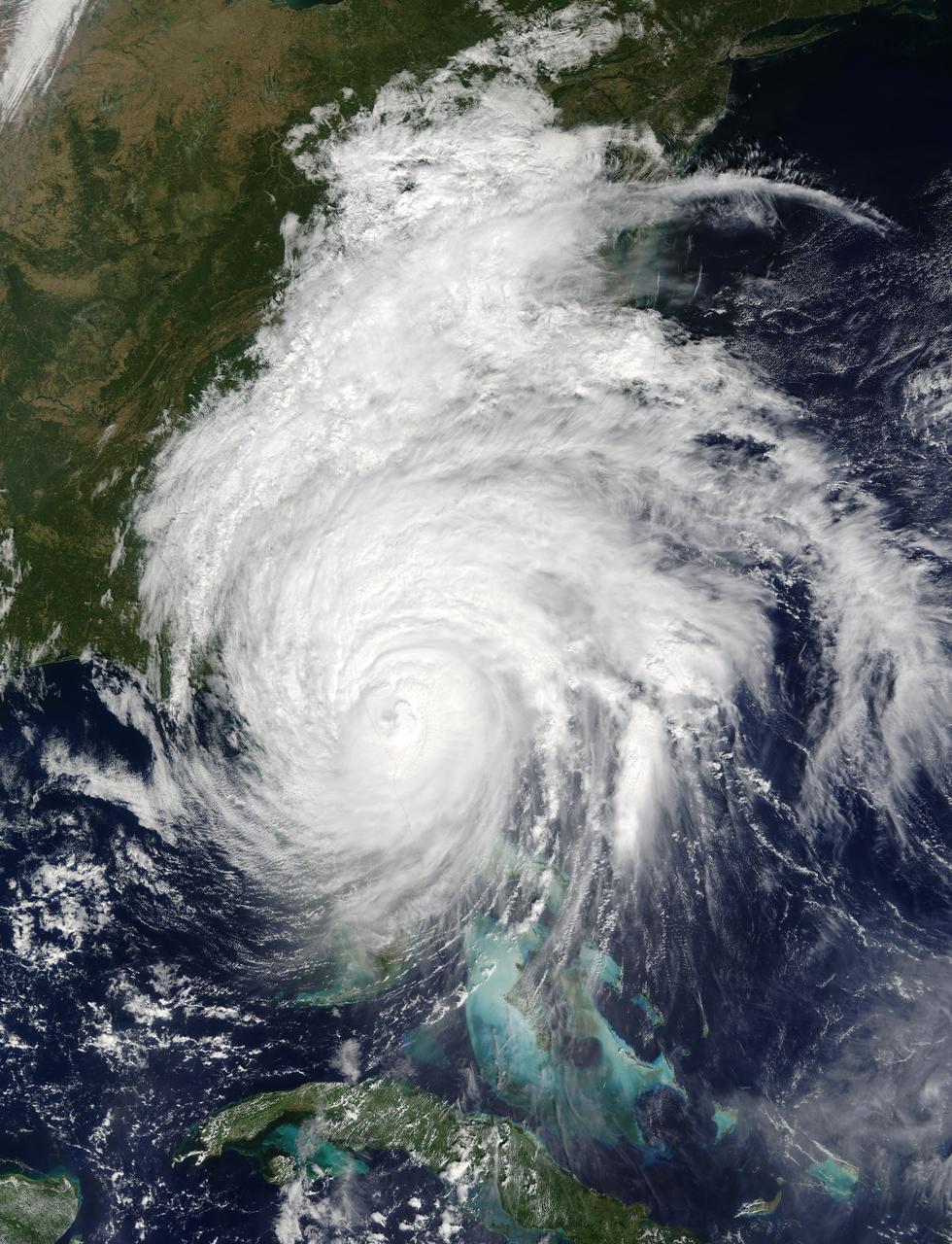Swimming pools are a great way to enjoy the summer heat and cool down, but they also create a lot of water waste. Using a pool cover can stop up to 95% of pool water evaporation. But ensuring you have the best pool hardware and looking for pool cracks is also essential for preserving water.
Most homeowners and real estate agents write a pool inspection checklist so they are prepared and won’t need to pay unexpected costs for multiple repairs like pool leaks. This way, you stay on top of your maintenance to-do list and avoid running into issues when you book a pool inspection.
Whether you’re inspecting a pool in your backyard or on a larger property, pool safety is vital when young children or visitors are swimming in the water.
This article will give you an overview of everything you need to know about your next pool inspection.
What Is a Pool Inspection?
When you see pictures of clear, blue swimming pools online, it’s easy to think that all you need is the space and water. But, the truth is you need to look after your property with regular cleaning. And professional inspections for them to look picture-perfect.
Pool inspectors examine all aspects of your swimming pool, from the surrounding area to the internal cleaning systems. Depending on the property, there are several official guidelines for hygiene and safety. So, a professional pool inspection checks that you have all the necessary features of a safe swimming pool.
For new homeowners, it’s vital that you hire a pool inspector to ensure that the swimming pool is functional. Sometimes, it’s possible to ask to see previous pool inspections from real estate agents. This way, new buyers can assess the quality of the pool and if they need to invest in a renovation.
A pool inspection cost will vary from place to place, as it includes the property’s size and the swimming pool’s condition. The best way to determine the cost is to ask a professional company for an estimate. Or, book a consultation and receive a quote before the inspection.
It’s recommended that swimming pools are inspected every few years, so it’s a good idea to find a reliable company. They can keep a record of all your inspections, and this makes it easier to keep track of costs.
Follow This Pool Inspection Checklist
There are some improvements that homeowners can make before inspections, such as a deep clean of the tiles and removing hazards from the nearby ground. But every swimming pool has different features, which means it’s easy to overlook an important part of the inspection.
So, to help you keep an overview of the basic requirements that allow you to pass an inspection, here are the fundamental components to consider:
- Research pool safety in your area
- Pick suitable tiles for the swimming pool
- Install a pool heater
- Explore light options for better efficiency
- Check the pool accessories are safe
- Clean the water filters
For safety requirements, you need to think about your property and the type of visitors you have in the swimming pool. Placing fences around the water prevents pets like dogs from dragging dirt from the yard. Keeping swimming floats and other safety items nearby is great for children who want to learn to swim.
Any swimmer in the pool needs to be able to touch the bottom with their feet or use a float. These are important safety instructions if the pool is in a family home.
Research your region’s local swimming pool guidelines, which will state the length of fences and water quality. Your inspector will alert you to problems during the appointment, but it’s good to be educated before they arrive. This saves time and money investing in safety upgrades.
Benefits of a Pool Inspection
Buying a property with a swimming pool is exciting, and many people put this feature at the top of their priorities when scouting for a home. But, if you move to a new place with an old swimming pool, it can be expensive to make repairs. Especially if it’s a large swimming pool that takes up most of the outdoor space.
Hiring a pool inspector allows you to assess the current structure and evaluate if it’s worth investing in renovations. A professional can advise you on the safety requirements so you build a new swimming pool up to the government’s standards.
Another reason to book a pool inspection is to keep people safe in the water. Even though most pool inspections don’t include water testing, they prevent other issues like cracked titles and blocked filters. This limits the risk of accidents near the swimming pool and gives you more peace of mind.
The internet gives us endless information on fixing electricity problems, but when there’s water involved, you need to be extra cautious. It’s better to hire a qualified pool inspector to come and identify issues in the swimming pool. This saves money on buying equipment that doesn’t work or worsens a problem with a lack of experience.
Your pool inspector knows where to look at the pumps and light features, so you don’t need to put yourself in an unsafe situation.
Without the correct guidelines, homeowners can face high fines for not getting their swimming pool inspected and ignoring this swimming pool inspection checklist. Don’t waste money on avoidable issues; let us inspect your property.
Book a Pool Inspection for Your Home
All you need to do is follow this pool inspection checklist, and you won’t need to worry about breaking regulations. It’s important that your inspector has experience and qualifications, as this is essential for getting official approval.
Our pool inspections are quick and efficient so that they won’t interfere with your other tasks. And you can make the most of the beautiful weather with a cooling swimming pool!
We also offer a leak detection service that reduces the amount of water waste and protects the tiles from damage. So, you can save time by looking up a pool leak detection near me online.
Pick a date and book your next pool inspection with our team here.










